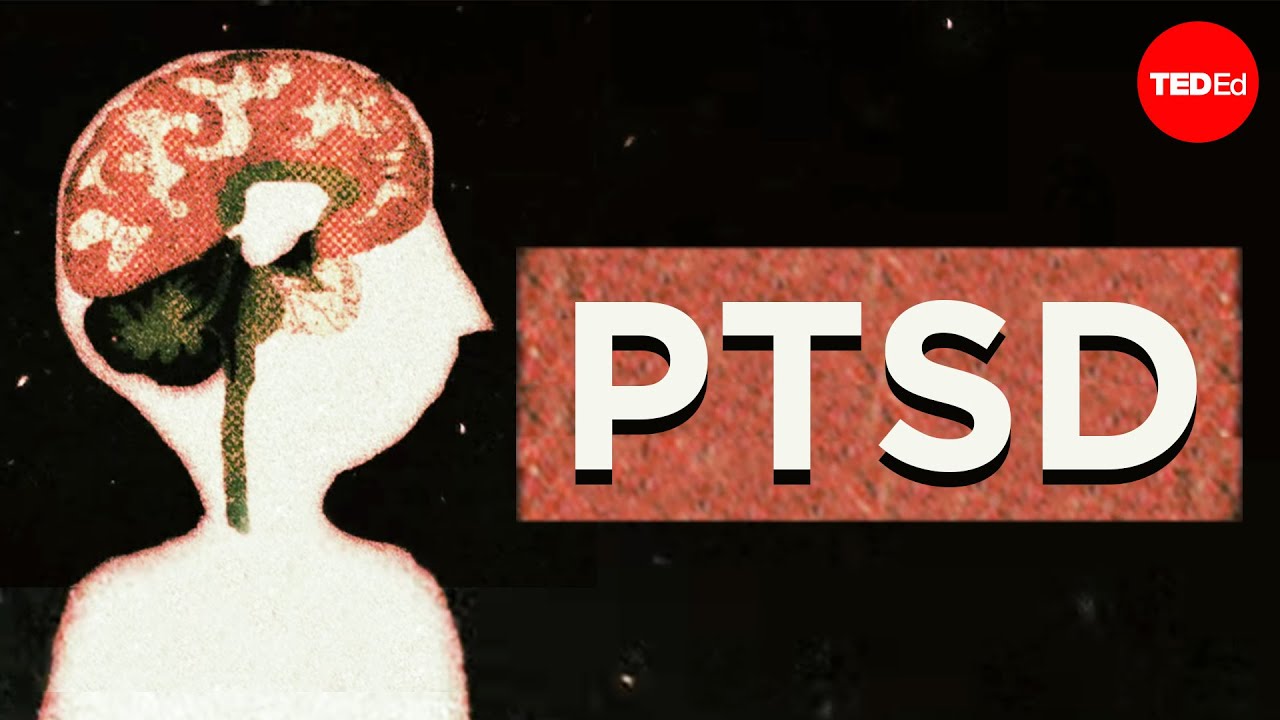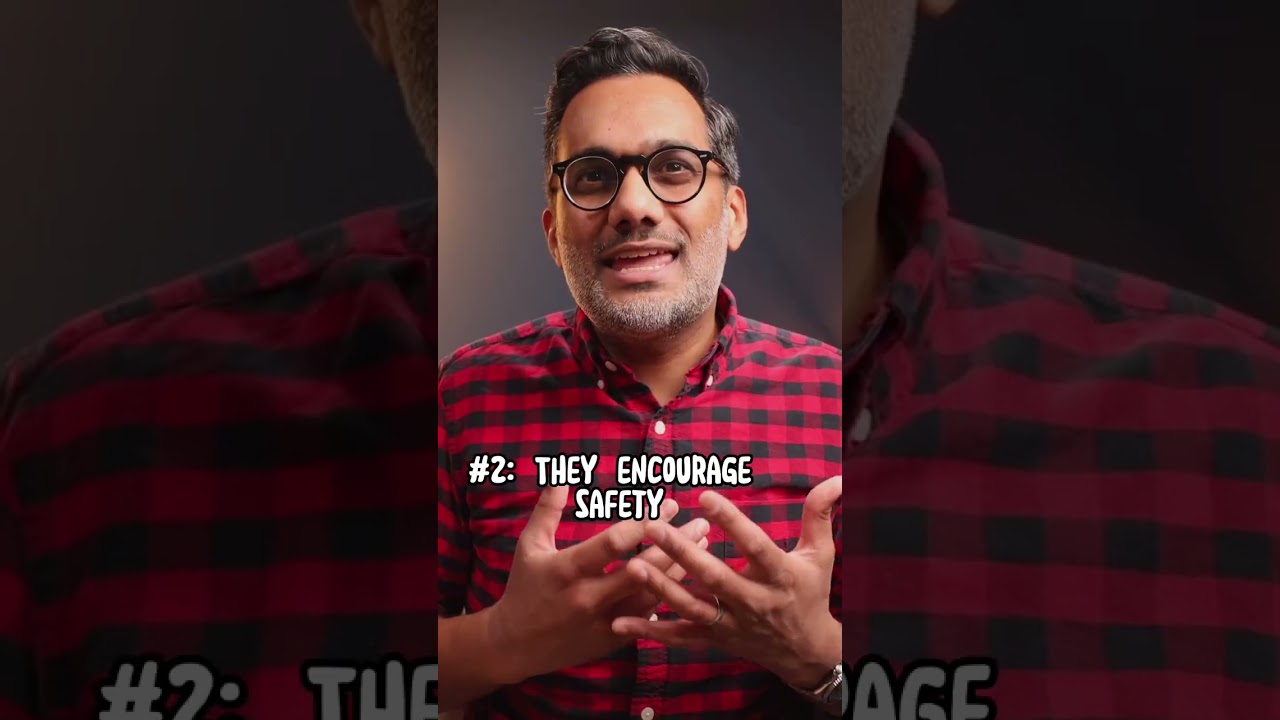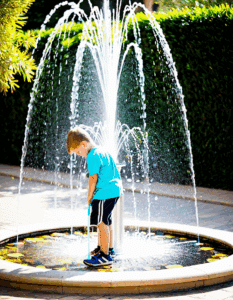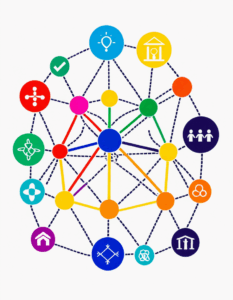Trauma often leaves fingerprints on our souls, shaping who we are and how we navigate life. It’s a powerful force, touching everything from our emotional wellness to our behavior and relationships. For parents grappling with the heartbreaking circumstances of a child’s addiction or loss due to addiction, this impact is especially profound. In these moments of anguish, understanding the psychological effects of trauma becomes vital—not just for mental health professionals but for every parent, friend, and loved one closely tied to someone enduring these painful experiences.
Research shows that traumatic moments—whether stemming from personal loss, chronic stress, or sudden upheavals—can trigger neurological responses in our brains, making us feel trapped in cycles of despair and fear. It’s essential to recognize that you are not alone in this fight; by embracing these truths, we can work together, paving the way for healing and a renewed sense of purpose. At www.MothersAgainstAddiction.org, we stand with you during these tumultuous times, offering resources designed to support parents who feel lost in a world that often overlooks their pain.

The Impact of Traumatic Experiences on Behavioral Patterns
Traumatic experiences exert a substantial influence on our behavior and mental health. They can alter our worldview, hearts, and minds, often pushing us to reassess our relationships and priorities. Research from the Journal of Addiction Research & Therapy highlights that parents who have lost a child to addiction frequently encounter profound shifts in not just their social interactions but also their mental wellness. Understanding this connection to behavior is vital for families and friends who want to provide supportive, informed care to those affected.
Additionally, as parents navigate the aftermath of trauma, they often develop unique coping mechanisms in response to their pain. This may manifest as heightened anxiety or withdrawal from social situations, making it critical for loved ones to recognize these signs and engage with compassion. Engaging in support groups, such as those found through Mothers Against Addiction, can empower parents to constructively channel their suffering and emerge stronger.
The trauma bowl is vast, and each individual’s extenuating circumstances can lead to different behavioral shifts. Oftentimes, as lives spiral out of control, a sense of hopelessness can set in, leaving individuals yearning for guidance and direction. That’s why educating ourselves about the scientific impacts of trauma is essential for recovery.

Top 7 Traumatic Moments That Leave Lasting Impressions
Nothing can compare to the profound grief that engulfs parents who lose a child, especially to addiction. This emotional agony often alters one’s entire existence, reshaping their outlook on life. The impact manifests in various forms, including isolation, anger, or chronic sadness, emphasizing the importance of seeking help and connection. We believe parents deserve a tailored approach through grief and recovery, which is why we provide access to resources to facilitate their healing journey.
Survivors of childhood abuse frequently experience trust issues that extend into adulthood. Oprah Winfrey’s network has highlighted powerful stories of transformation as survivors share their narratives, paving the way for both personal growth and societal awareness. These accounts validate how traumatic experiences can inform behavior and inspire change.
A sudden, life-threatening illness can uproot one’s world, affecting not just physical health but also personal relationships. Cancer survivors often report profound changes in their perspectives and priorities, reinforcing the need for mental wellness resources. Each healing journey should be met with compassion and assistance designed with intent.
Events like Hurricane Katrina collectively traumatized entire communities, leaving ripples of psychological and emotional impacts that lasted for years. According to research from the National Institute of Mental Health, natural disasters can lead to community-wide behavioral changes that persist far beyond the initial event. It becomes crucial to lean on one another, nurturing community ties amid adversity.
The emotional toll of divorce can be devastating, shifting the way individuals perceive connection and love. According to family therapists, practical strategies can aid in rebuilding trust and emotional resilience post-separation. It’s essential to recognize that while the pain is real, healing and growth are achievable with the right support.
Veterans returning from combat often grapple with enduring mental health issues, including post-traumatic stress disorder (PTSD). Programs like the Wounded Warrior Project dedicate their efforts to helping veterans reclaim their lives after trauma, providing mental wellness resources to aid them in this challenging journey.
Living in high-crime neighborhoods or experiencing violence firsthand can create a lasting psychological impact. Research from organizations like the Violence Policy Center indicates that exposure to violence often results in long-lasting behavioral challenges that can affect interpersonal relationships. Acknowledging this trauma and seeking support is essential in rebuilding one’s sense of safety and security.

The Role of Peers in Healing from Trauma
The path to recovery often feels overwhelming, but engaging with peers can pave the way for healing. Join others on a similar journey through volunteer groups or support networks like Al-Anon or Nar-Anon, which cater to family members of addicts. These networks remind individuals that they don’t walk alone—there’s power in shared experiences.
Understanding that you’re surrounded by others who have felt the weight of trauma fosters resilience and strength. This communal approach equips individuals to transition toward healthier behaviors while nurturing emotional wounds. It’s a necessary step in emerging from the shadows of trauma and reclaiming life.
Peer support transcends traditional therapy; it creates a safe space for honest dialogue and sharing among those who grasp the journey’s complexities. Groups can help normalize feelings of despair and validate the pain, allowing individuals to feel heard and understood. Connecting with others lifts the burden of isolation, turning trauma into a powerful source of community and hope.

Innovative Pathways to Traumatic Recovery
Healing from trauma has evolved with innovative therapies that promote profound recovery pathways. Methods like Narrative Exposure Therapy and Eye Movement Desensitization and Reprocessing (EMDR) have proven effective as participants learn how to process painful memories in controlled environments. There’s incredible value in reshaping narratives and behavioral responses—a concept we embrace at Mothers Against Addiction.
Art therapy and community wellness programs underscore creativity’s potential in healing. Through artistic expression, individuals can navigate their trauma and release pent-up emotions, leading to breakthroughs that foster coping and relationship-building. Candid expressions through art bring light to the darkness of trauma, encouraging engagement and progress.
Awareness surrounding mental wellness is essential in our fast-paced world, and understanding trauma’s lasting effects is imperative. By educating ourselves and promoting support networks, we pave the way for a compassionate society that nurtures those shaped by difficult experiences. The journey of recovery is unique to each individual, and embracing resilience can inspire hope for a brighter tomorrow.
As we continue our mission at www.MothersAgainstAddiction.org, we invite you to join our cause. Together, let’s work towards creating a community that not only recognizes the impact of trauma but also stands as a beacon of light and healing for all affected. Remember, you don’t walk this path alone. Help is within reach; let’s reach for it together.

Traumatic Moments and Their Lasting Impact
The Nature of Trauma
Traumatic experiences can shake us to our core and often leave lasting imprints on our lives. Whether it’s a personal struggle with loss or a public tragedy, these moments shape our emotional landscape. Take, for example, the haunting stories surrounding the Idaho murder house—this(—this) place draws attention not just for its dark past but for the trauma it signifies for the families involved. Such events remind us just how pivotal trauma can be in dictating our responses to future challenges and hardships. The exploration of how these traumatic moments can harm() individuals and communities is essential in understanding the nuances of mental health and recovery.
Healing Through Understanding
Understanding trauma is critical for healing. Many people struggle with lingering emotional scars, and recognizing these wounds is the first step toward recovery. There are various effective Treatments() available designed to help individuals navigate their healing journey. It’s a tough road, but having open conversations about our experiences can foster resilience in ourselves and others. Did you know that even something like a severe winter, such as the La Niña winter weather forecast() can cause collective anxiety in communities? Unexpected, traumatic weather events can severely impact mental well-being, reminding us that trauma can come in many forms.
The Impact of Collective Experiences
In broader contexts, collective trauma experienced during Disasters leaves an indelible mark on society. For instance, many communities never fully recover from disasters due to the shared grief, which is something we see in the aftermath of significant crises. Looking at how collective events affect populations can illuminate the importance of support structures. When we consider how actively engaging in supportive systems can stabilize communities, we tap into the fabric that comforts those affected. Did you know that sometimes, even something as seemingly trivial as the Dollar General penny list( can spark daunting challenges for low-income families recovering from trauma, highlighting basic needs during tough situations?
In conclusion, traumatic moments are as diverse as they are impactful. Their echoes remind us that fostering conversation, understanding, and support can help mend the fabric of both individual lives and communities. Knowing that Puerto Ricans can vote( can be a source of empowerment for those affected by trauma, solidifying the idea that resilience lies in our ability to advocate for ourselves and each other through the toughest times. Let’s continue exploring the effects of trauma on individuals and communities to promote healing and hope.





























